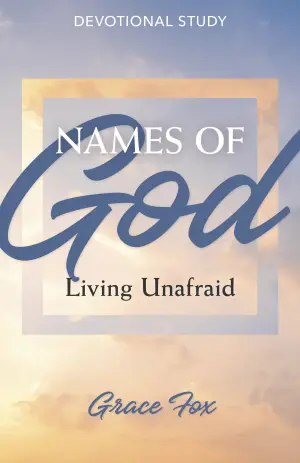
27 Jun Unraveling Creativity: A Dive into The Writing Retreat’s Intriguing Narratives
Book Review: The Writing Retreat: A Novel by Julia Bartz
There’s something intoxicating about the concept of a writer’s retreat—an immersive escape where creativity flows as freely as the coffee. When I came across The Writing Retreat by Julia Bartz, I was immediately drawn to its premise: a group of aspiring writers gathered at the eerie Blackbriar estate, urged to craft a novel in a month, under the watchful eye of their formidable host, Roza Vallo. As a fellow writer who sometimes battles self-doubt, I couldn’t resist the allure of this literary thrill ride that promised not just inspiration, but also an exploration of the darker sides of ambition and female friendships.
From the very first pages, Bartz paints a vivid picture of tension and claustrophobia, setting the stage for a psychological thriller that deftly interweaves themes of rivalry, ambition, and, inevitably, betrayal. The central character, Alex, is brilliantly crafted—a young author haunted by her past, particularly her fraught relationship with her former best friend, Wren. Their dynamic is a masterclass in complexity, reflecting the intricate dance of love and hate that can often define female friendships. I found myself feeling Alex’s anxiety as she stepped into this high-stakes environment, and at times, rooting for her to confront both her inner demons and the external threats that loomed around her.
Bartz’s writing style is both lush and incisive. Her prose captures the beauty of the surrounding landscape while also reflecting the turmoil within her characters’ minds. The pacing is fast, with twists and turns that kept me guessing until the very end; just when I thought I had it all figured out, the plot would flip, revealing deeper layers and complexities. The writing retreat setting becomes an almost character in itself, with the mansion’s haunting exterior matched by the twisted motivations of its inhabitants. As one reviewer aptly noted, the narrative unfolds with “tantalizing hints” that kept me engaged and eager to turn the page.
One of my favorite aspects of the novel was how it navigated the brutal realities of the writing profession. In a world where success can be so elusive, the characters’ varied responses to their ambitious goals feel all too real. The struggles of writer’s block, the pressure of competition, and the haunting specters of past failures create a relatable tapestry for anyone who has ever dared to pursue a creative path. I particularly resonated with the sentiment shared by another reader—this isn’t just a story about writing; it’s a reflection on the sheer complexity of being a woman in a largely male-dominated landscape.
As I turned the final pages, I was left stunned—not just by the revelations of the plot, but by the emotional depth that Bartz had woven throughout. I realized this book is not merely a thriller; it’s a sharp critique of what women face when they chase their dreams, laden with metaphorical and literal dangers. It had me contemplating my own aspirations and the lengths I would go to fulfill them.
In conclusion, The Writing Retreat is a compelling read that will resonate with aspiring writers, fans of psychological thrillers, and anyone interested in the intricacies of female friendships. It’s a story that stays with you, provoking thoughts long after the last page is turned. I would wholeheartedly recommend it to anyone looking to dive into a tale that is as thrilling as it is reflective—like the best writing retreats, it challenges you while offering an unforgettable escape. Grab a cozy spot and get ready for a wild ride; you won’t want to put it down!









